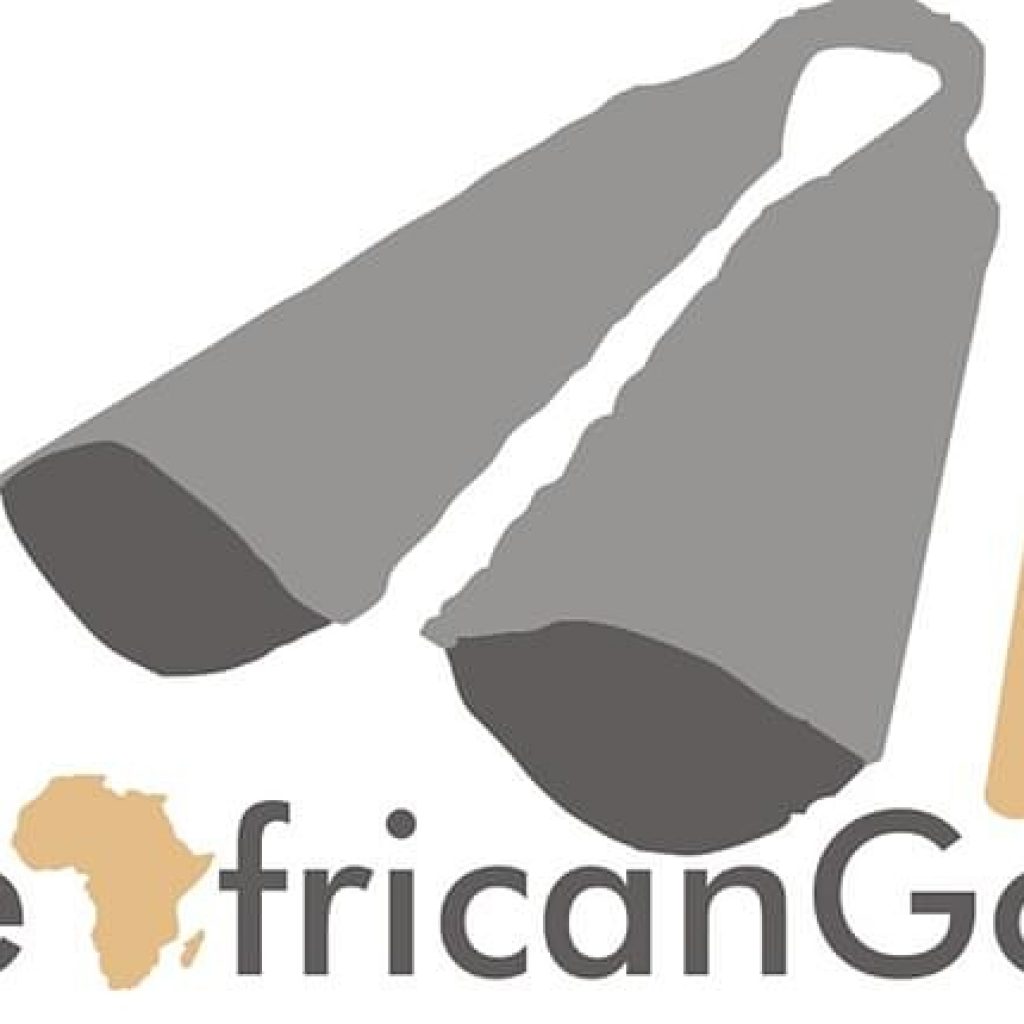From: Segun Babatunde in Gombe
Stakeholders from Gombe South mostly comprising rural dwellers have met with civil society organizations and officials of the state ministry of finance and economic planning to appraise performance of year 2020 budget.
Gombe South comprises Balanga, Billiri, Kaltungo and Shongom Local Government Areas and the rural dwellers were brought to appraise the 2020 citizens accountability report as well as make imputes of what they expect to be implemented for them the budget of year 2022.
It was revealed that most of what the rural dwellers wanted centred on improving the agricultural sector to make room for more farming activities in a more accommodating way
Organised by Responsible Citizenship and Human Development Initiative (ReCHDI), in collaboration with the Gombe State Ministry of Finance and Economic Development, Mohammed Kulani, Director Final Account Unit, Treasury House Gombe weekend, said there was a total expenditure of 25.6%, representing 26.9 billion naira, less than the budgeted amount of 107.6 billion naira.
Represented by Musa Mahdi, Kulani said there was “77 percent aggregate revenue performance of the budgeted 126.44 billion naira, with a shortfall of 28.9 billion naira from both the federation revenue account and Internally Generated Revenue (IGR), within a 75- 80 percent performance.”
According to him, the state had a closing balance of 14.8 billion naira due to anticipated receipt for state Fiscal Transparency Accountability and Sustainability (SFTAS) grants in the final month of the year.
He said, “Capital expenditure took the major part of the expenditure shortfall, with the performance of less than 60%. Much of the recurrent expenditure in 2020 was obligatory, based on revenue shortfall. Capital expenditure was largely focused on completing ongoing projects, with very few projects started.”
The summary of the Citizens Accountability Report (CAR) revealed that health and education sectors enjoyed the highest proportion of recurrent expenditure, while works and education received the highest proportion of capital expenditure.
Director, Budget, Planning and Development Partners Coordination Office, Abubakar Dauda Gaddam, who was represented by Hassan Abdu, Chief Budget Officer, while going through the objectives of the Citizens’ Accountability Report, said it fosters understanding around the business of governance.
Gasdam stressed that, “It contributes to the effort of increasing government accountability on how it manages public money as well as foster understanding of how public funds are utilized, especially if the information is presented in an accessible format.”
The participants were later divided into their various Local Government Areas where they made their imputes for priority areas during the 2022 budget.


